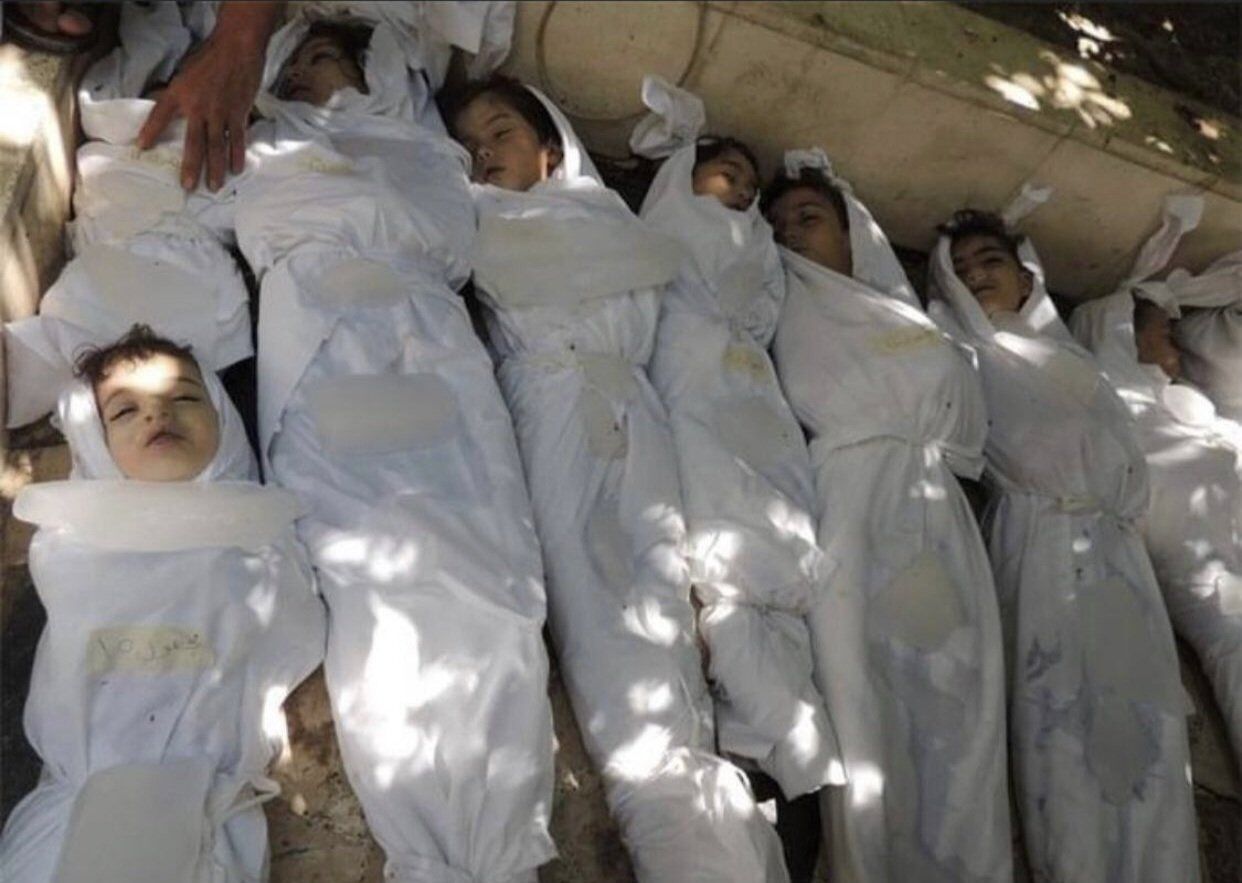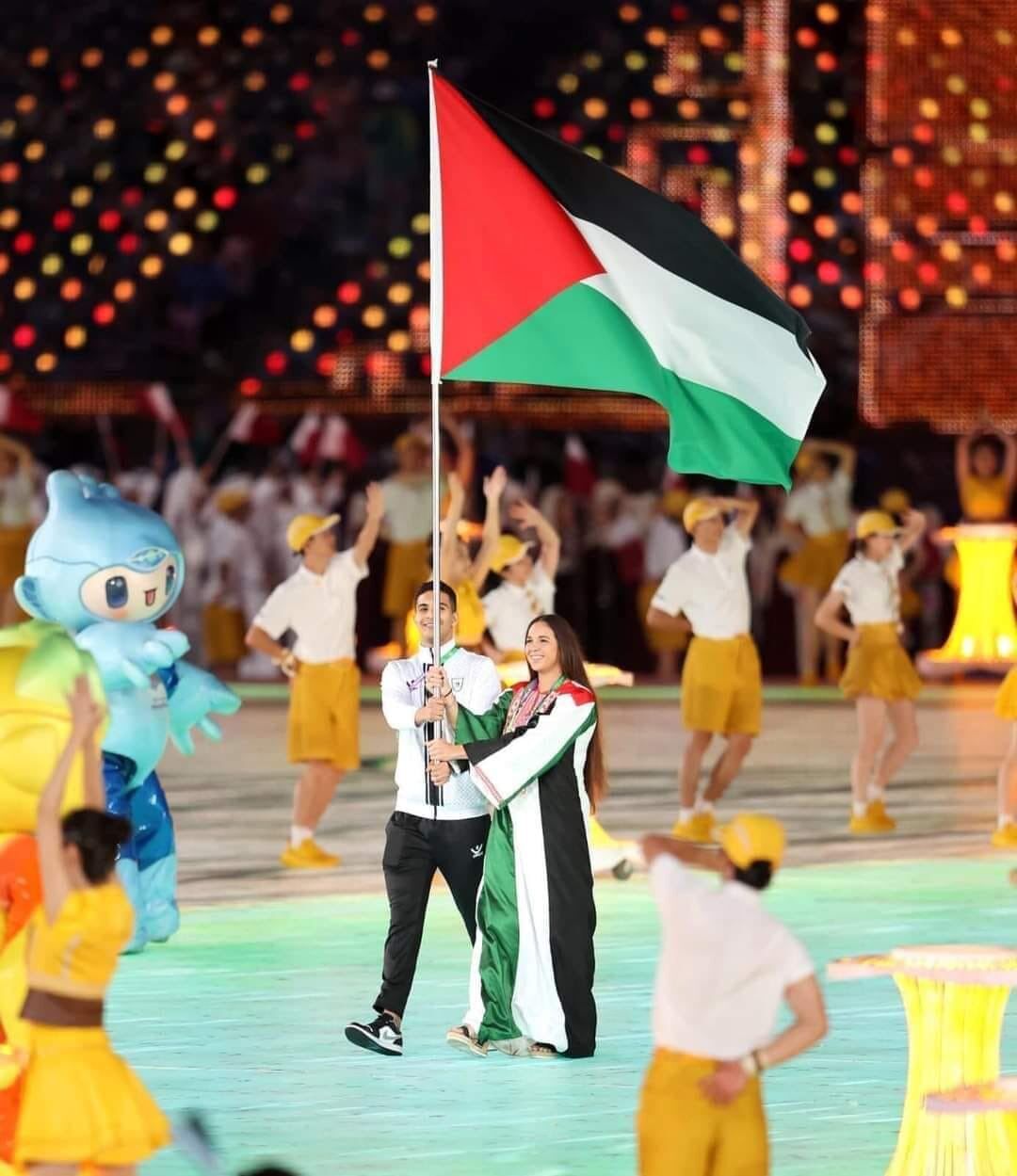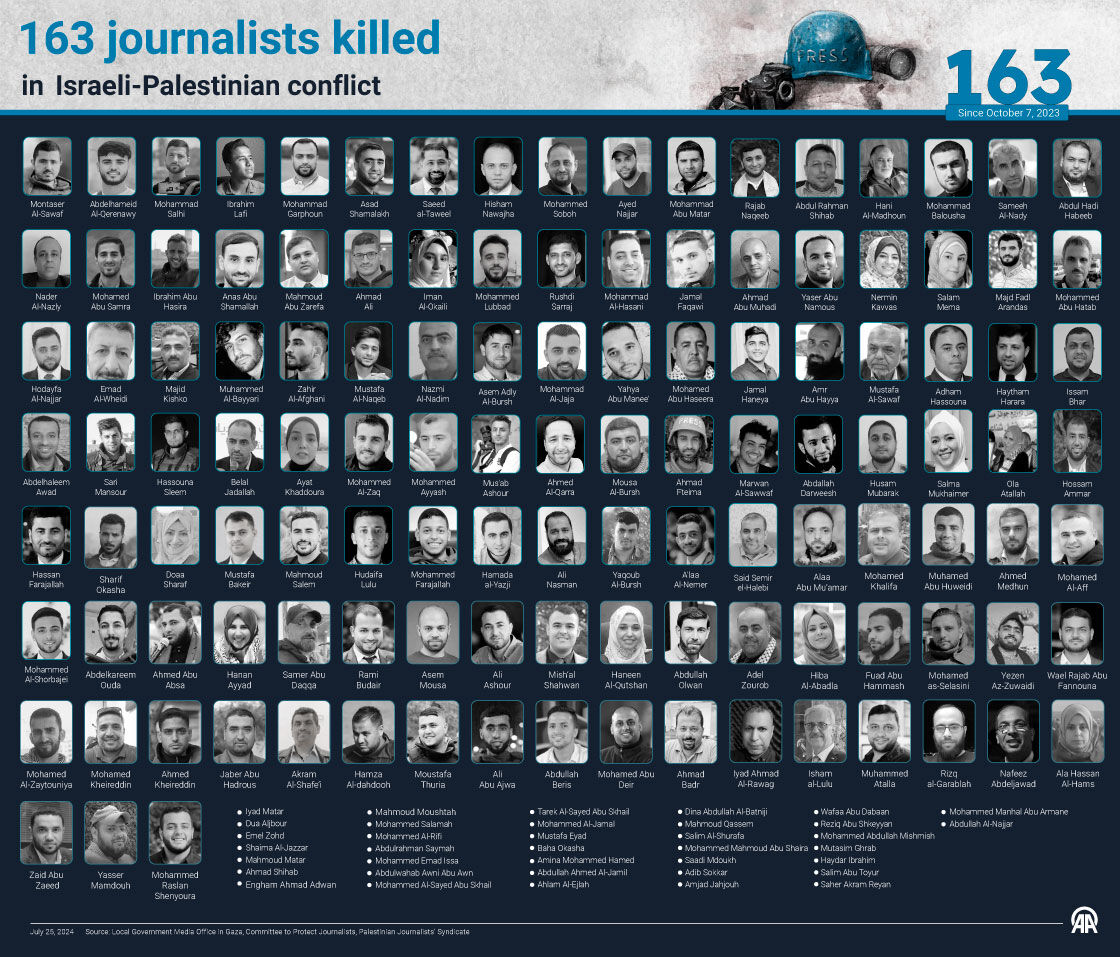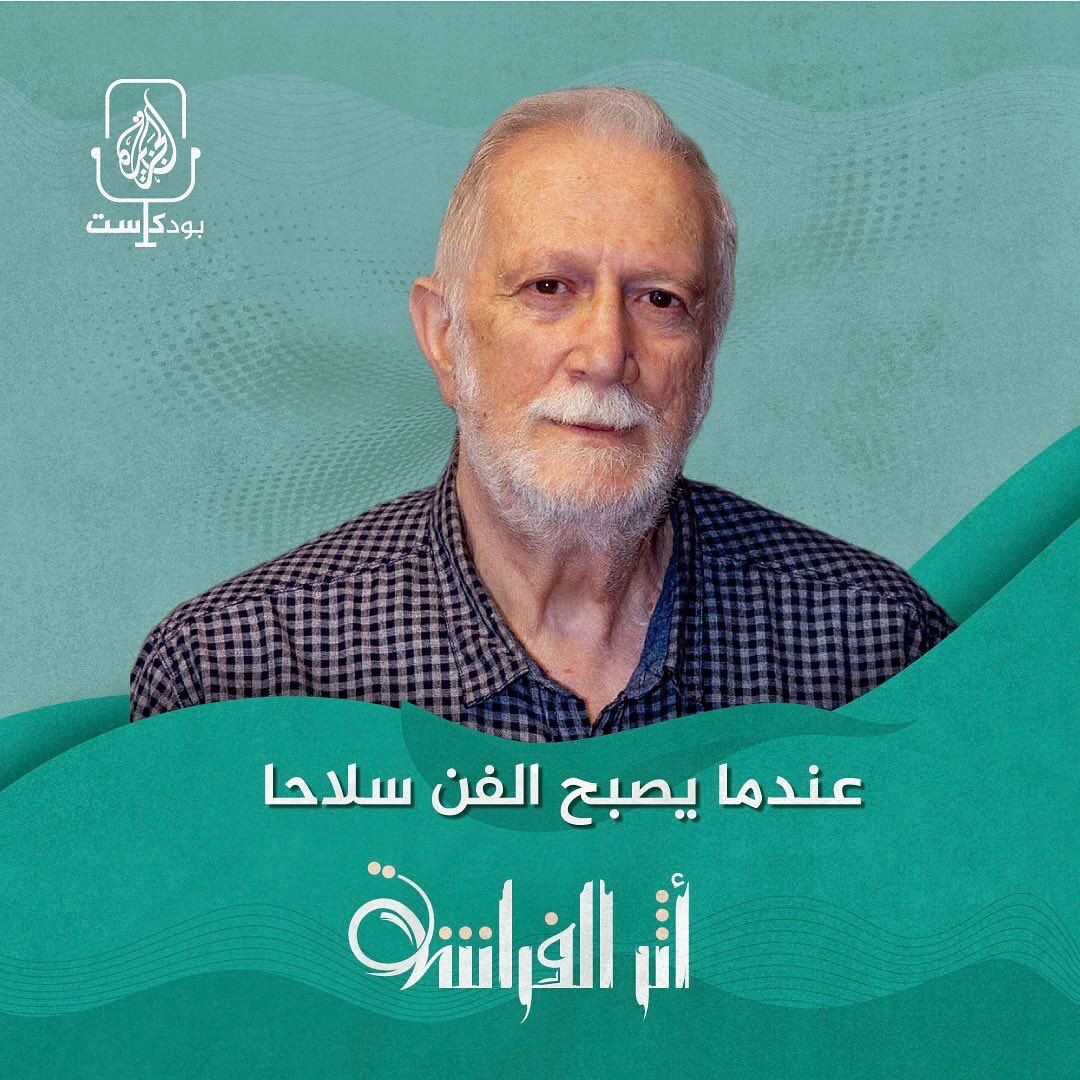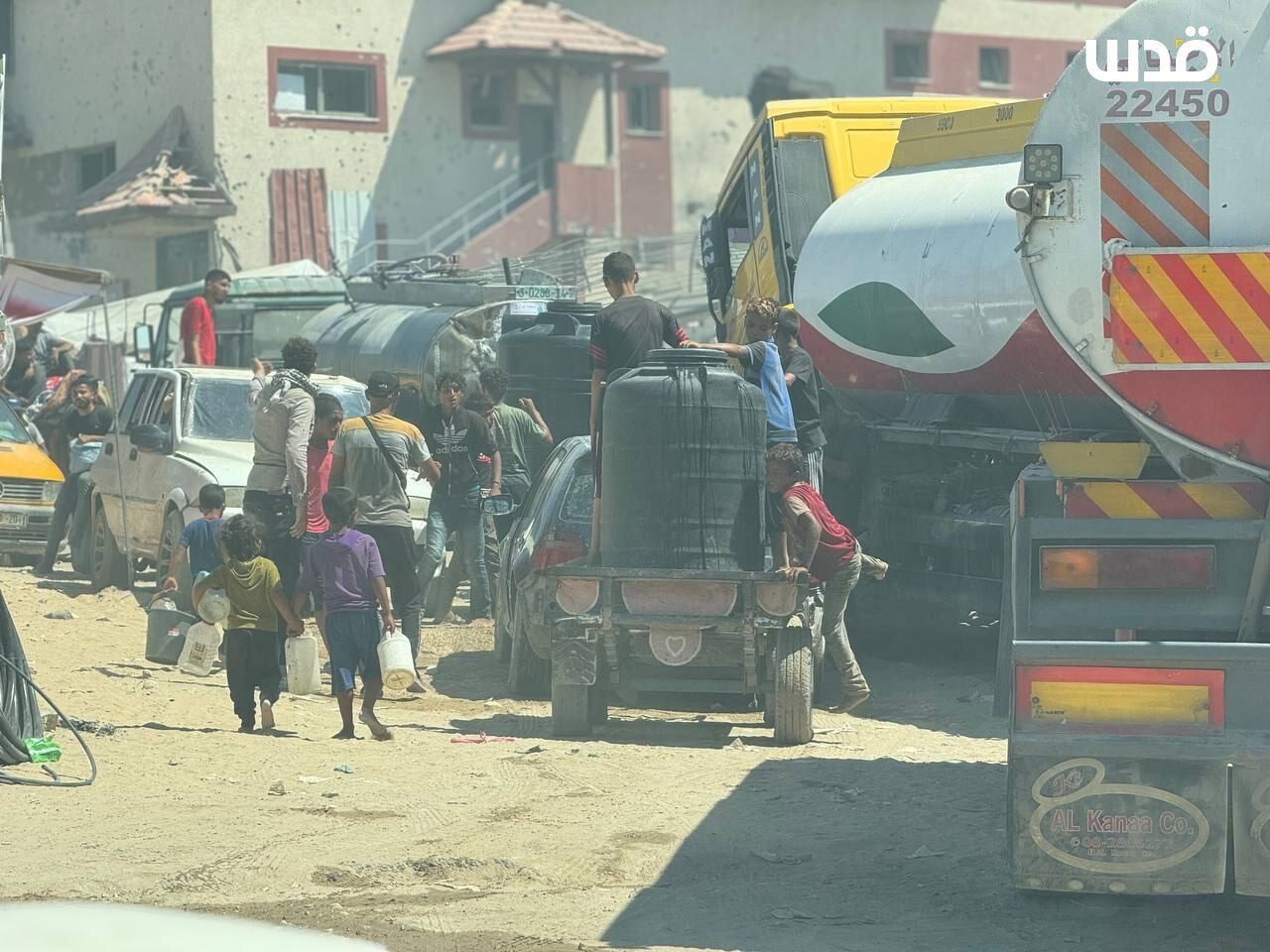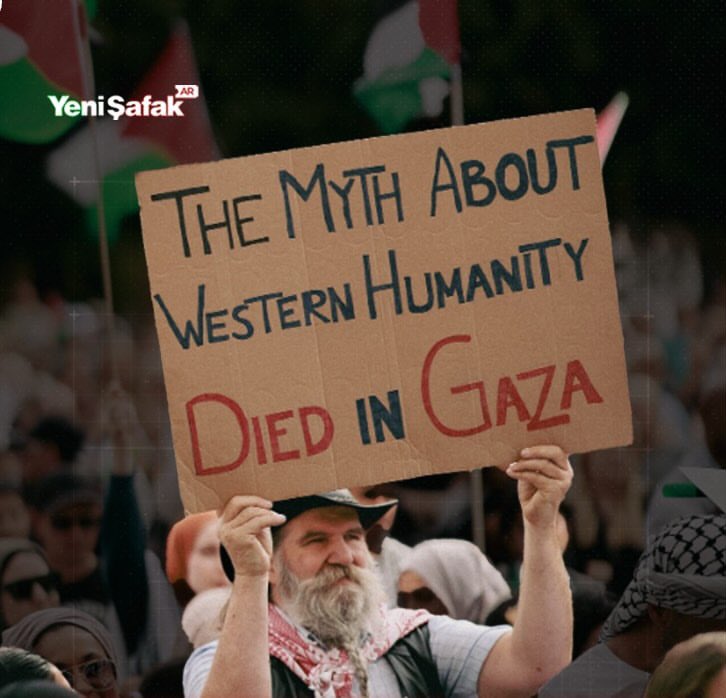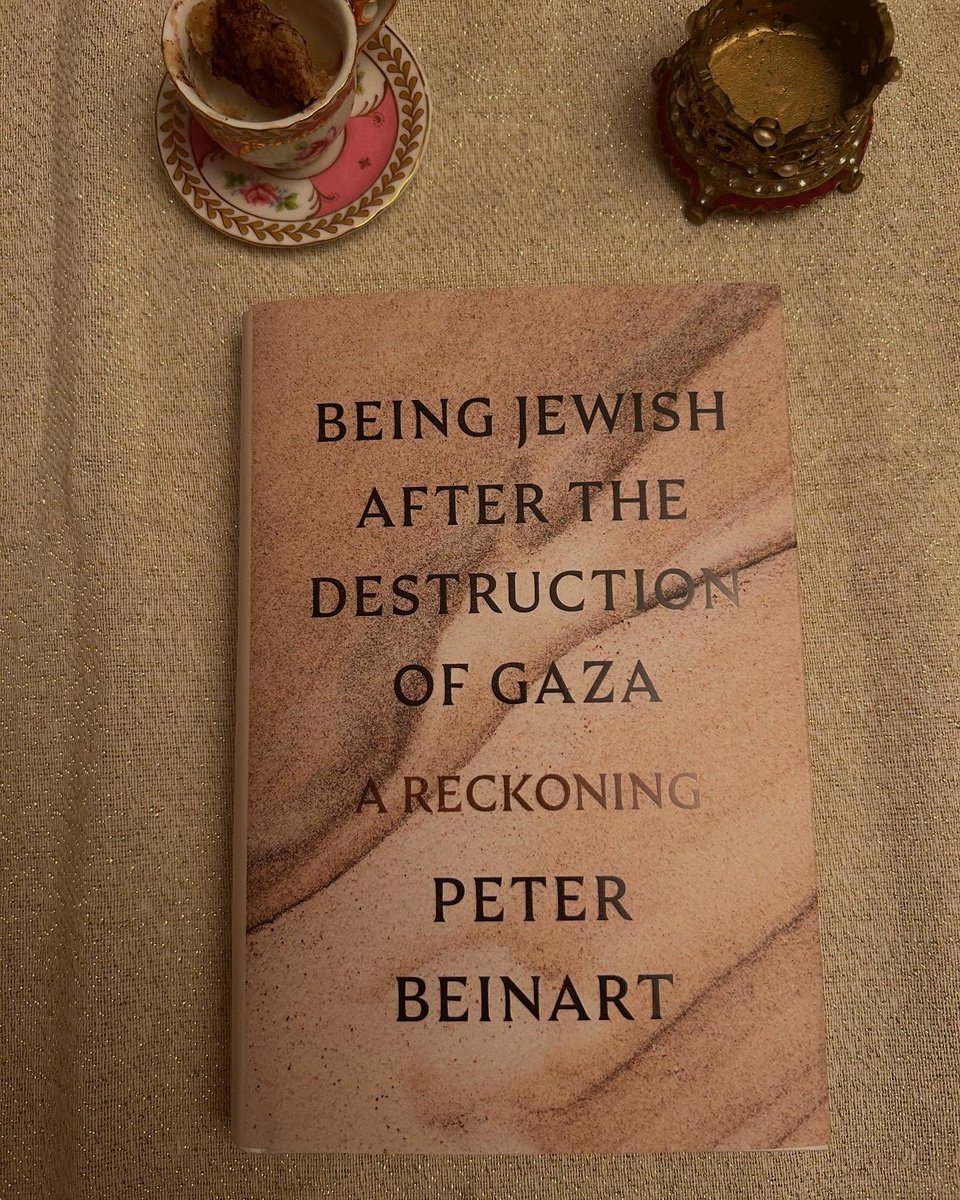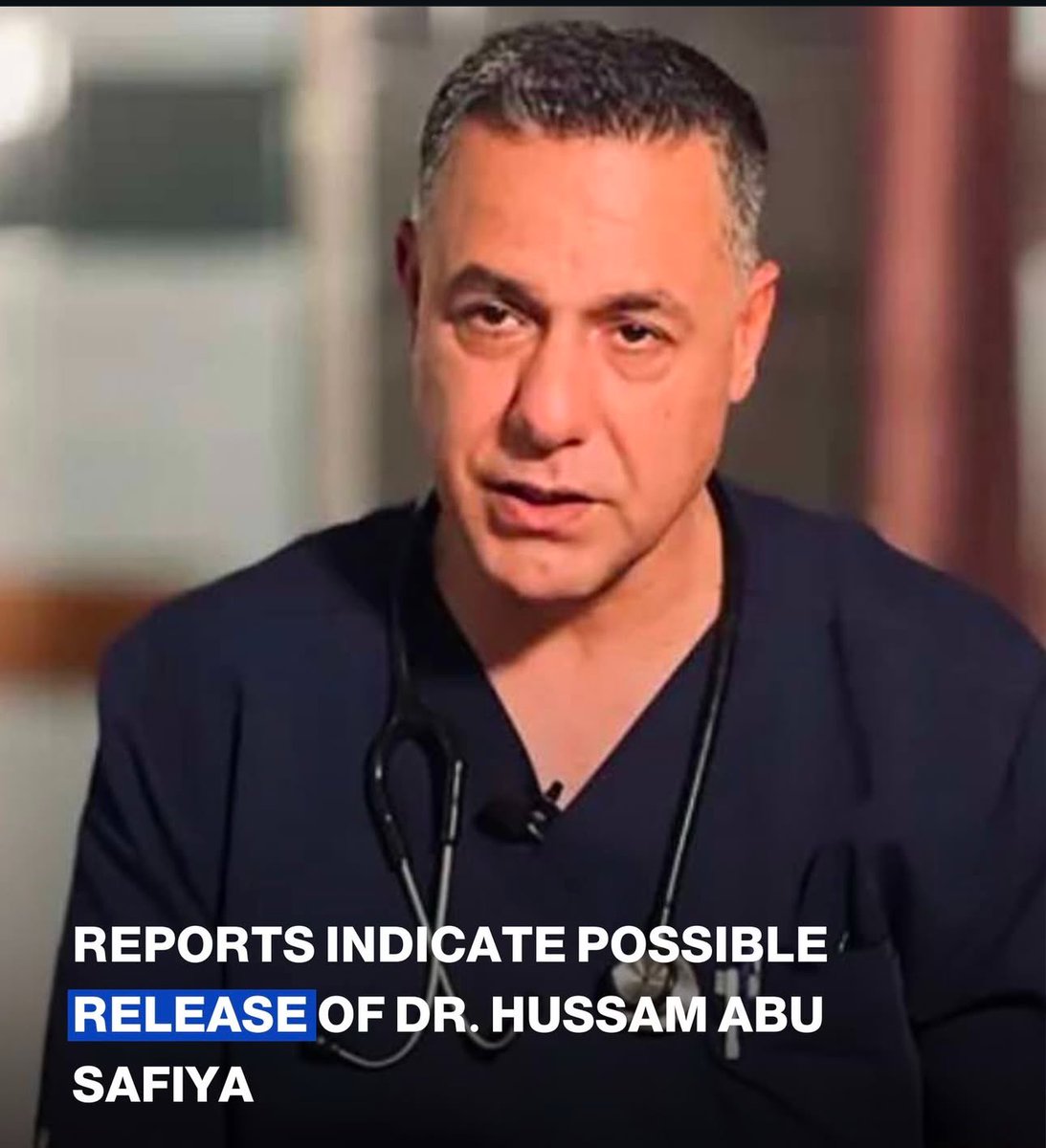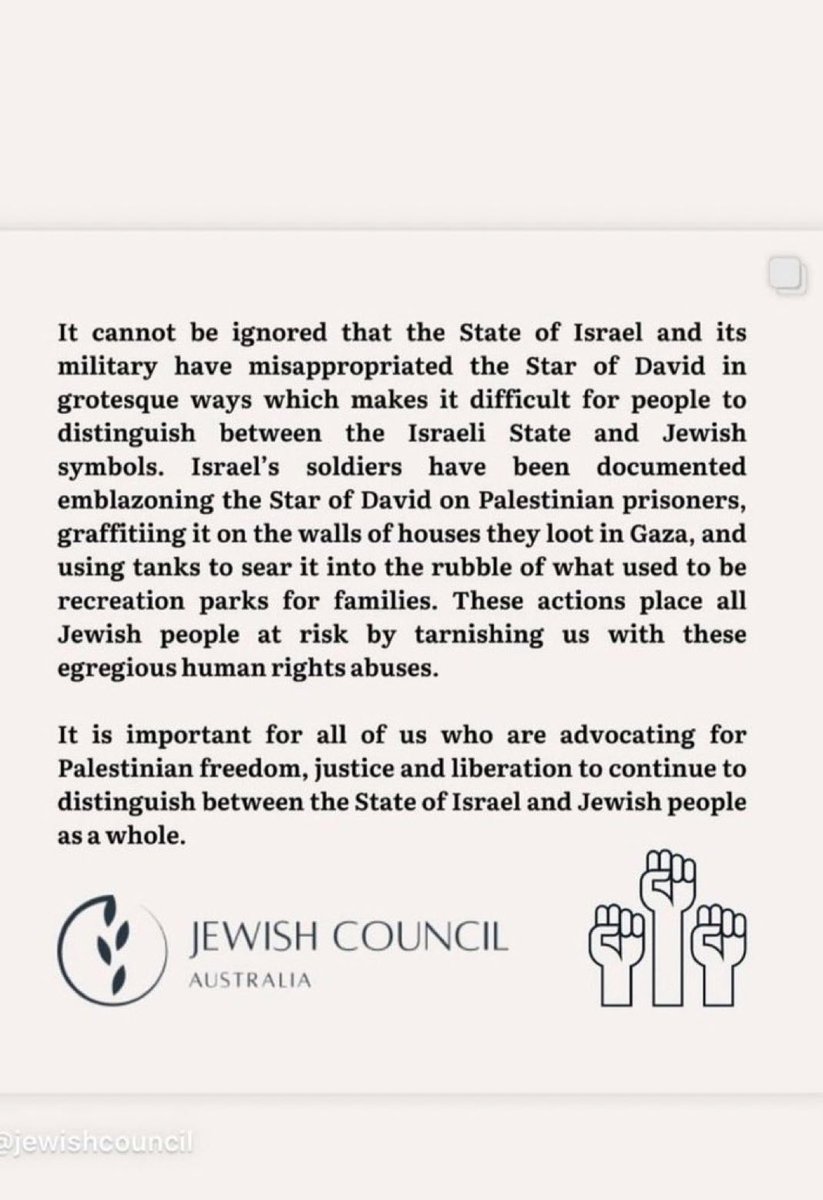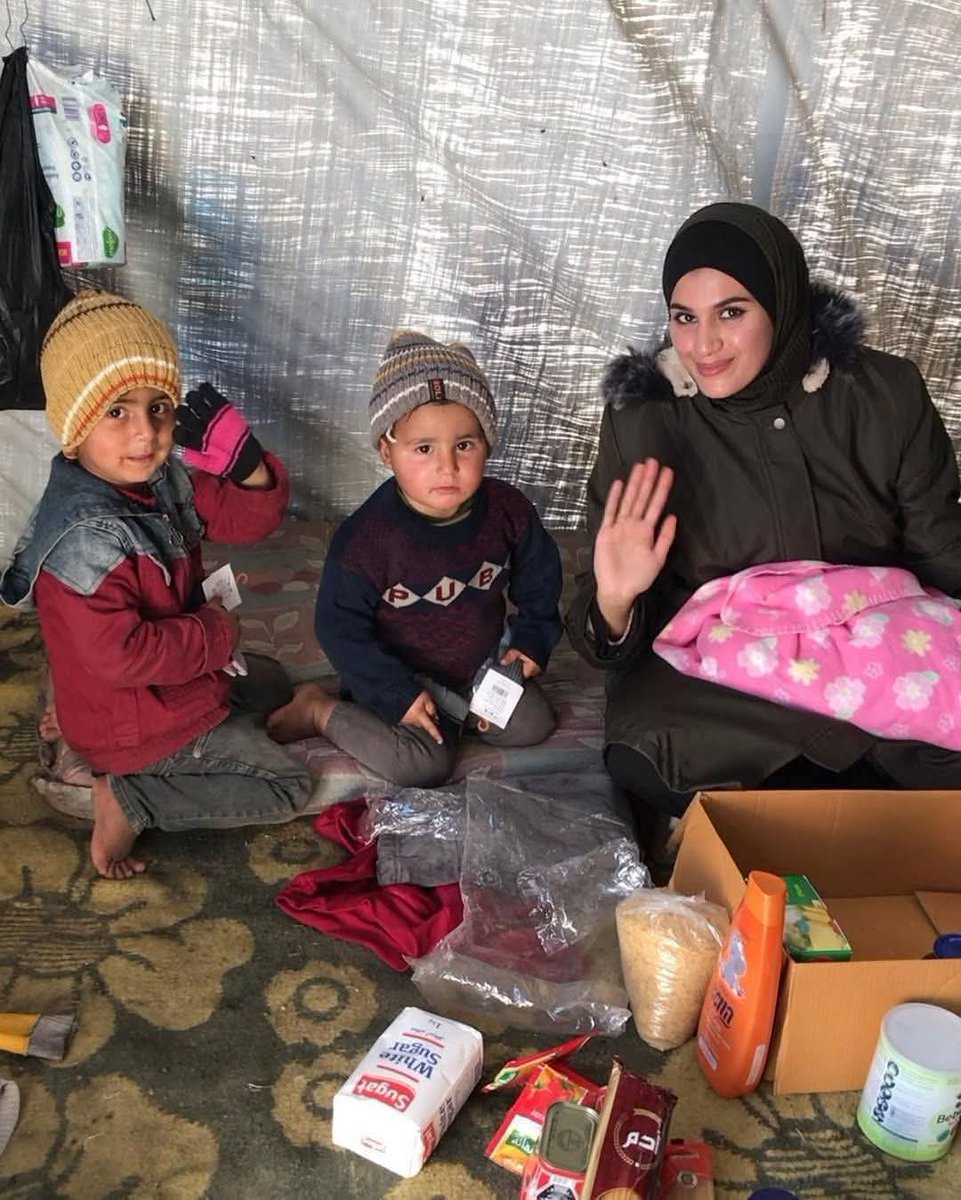10% of Gazans Killed, Injured, Under The Rubble
About 10% of the Gaza Strip’s population has been killed, injured, or is missing due to the 293-day genocide carried out by Israel in the Strip, ongoing since 7 October 2023 according to the Euro-Med Human Rights Monitor.
Euro-Med Monitor’s preliminary statistics indicate that about 50,000 Palestinians have been killed. This number includes those reportedly trapped under the rubble of destroyed buildings, or whose bodies are either stuck on roads or in border areas that have been completely destroyed, and thus cannot be recovered. More than about 100,000 others, meanwhile, have been injured. The majority of these victims were civilians, mostly women and children, while about 3,000 additional Palestinians have simply disappeared after being arrested from the Gaza Strip, with their fate remaining unknown.
The estimates provided by Euro-Med Monitor are based on data and statistics gathered by its field teams in neighbourhoods and camps located in the Gaza Strip, as well as from information received from relevant authorities and institutions, including several hospitals and medical teams. These indicate that at least 51,000 people have died as a result of the Israeli blockade of the entire Strip; denial of medical care; collapse of the health sector due to Israel’s targeting and blockade; insufficient ambulance services due to said targeting and blockade, as well as a severe shortage of basic medicines, particularly for patients with chronic illnesses and cancer; prevention of the ability to travel abroad for treatment; and the spread of infectious diseases and epidemics.
Accordingly, the natural death rate increased from an estimated 3.5 per 1,000 people prior to the start of the genocide to 22 per 1,000 people during the genocide.
The number of beds available in operating hospitals and field hospitals across the Gaza Strip is down to less than 1,500, which is insufficient to accommodate the needs of over two million people. This is in contrast to the 3,500 beds that were available prior to 7 October. The scarcity of medical supplies and equipment is making the bed shortage worse, as is the Israeli army’s ongoing, systematic, and widespread destruction of hospitals and health facilities. Additionally, there has been a notable rise in the number of wounded and sick, which has resulted in a weak medical response and serious health complications for these individuals, as well as avoidable deaths among the elderly.
The lack of clean water, extreme overcrowding, breakdown of sanitation infrastructure, build-up of waste, scarcity of cleaning and sterilisation supplies, and the frequent forced evacuations all contribute to the rapid spread of infectious diseases.
According to World Health Organisation (WHO) data, 990,000 cases of acute respiratory infections—574,000 of acute watery diarrhoea, 107,000 of jaundice syndrome, and 12,000 of bloody diarrhoea—were recorded as of 7 July 2024, with the actual number of infections likely much higher. Rashes and skin infections, particularly among children, are also on the rise. This trend correlates with a drop in routine vaccination rates and a higher chance of vaccine-preventable illnesses like the poliovirus, which was recently found to be present in the Gaza Strip’s wastewater.
Since Israel started its genocide more than 10 months ago, the people living in the Gaza Strip have endured constant bombardment; shooting; tank shelling; methodical and extensive destruction of houses and other civilian property, as well as essential infrastructure; and frequent attacks on makeshift shelters and tents for the displaced.
Israel is continuing to commit genocide against civilians in Palestine, with the intention of eradicating and destroying them by all possible means, including starvation, denial of medical attention and humanitarian aid, systematic evacuation, torture, and the imposition of living conditions that will eventually cause their destruction.
Israel’s fierce military assaults have caused over 70% of the Gaza Strip’s buildings to be destroyed or severely damaged, forcing over two million Palestinians (out of roughly 2.3 million) to evacuate. The majority of these people have been forced to relocate multiple times, leaving them to live in filthy, uncomfortable temporary tents that are susceptible to the elements, and rendering them especially vulnerable to infectious diseases that spread quickly in crowded areas.
The hardship faced by hundreds of thousands of forcibly displaced people across the Gaza Strip is extreme. This is particularly true inside United Nations shelter centres, where there is severe overcrowding—up to five or six families crammed into a single classroom—and exceptional danger due to the Israeli military’s frequent attacks on these facilities, the damage they cause, and the potential for contamination from explosive ordnance.
This is coupled with a lack of supplies for making adequate shelters, a shortage of drinkable water, and storage issues, plus deteriorating sanitation conditions which have resulted in sewage seeping into the streets in many displacement sites. Additionally, families are frequently forced to rely on extremely salted water for drinking, and deal with a lack of personal hygiene due to the absence of privacy, personal space, water, and hygiene supplies.
The intense heat and accumulation of solid waste also attract insects such as mosquitoes. Communities often burn waste piles in an effort to stop the spread of insects and diseases, but the release of toxic fumes poses additional health risks.
Furthermore, a great deal of food insecurity exists as a result of Israel’s persistent efforts to obstruct the entry of aid supplies. In addition to a lack of infant formulae, few tests available to identify malnutrition, and uneven distribution of nutritional supplements, women struggle to breastfeed their babies as a result of psychological trauma, stress, and malnourishment.
As a form of retaliation and collective punishment against the people of the Gaza Strip, Israel has steadily targeted civilians, civilan objects, and UN-flagged shelter centres in an effort to cause as many casualties as possible. This constitutes full-fledged war crimes and crimes against humanity under the Rome Statute, which governs the International Criminal Court, as well as violations of international humanitarian law and the 1949 Geneva Conventions.
Ensuring the health and dignity of the populace through access to water and sanitation is a fundamental human right that has gained international recognition. However, granting this right to Palestinians in the Gaza Strip will require ending Israel’s genocide, lifting the siege, and salvaging what remains in the enclave, which is not currently viable for life. Delays will either cause all sectors in the Strip to completely collapse, or incur further significant costs in terms of civilian lives and health.
The international community is responsible for ensuring that humanitarian aid reaches the Gaza Strip, including the northern part of the Strip, in a timely, safe, and efficient manner. This aid must include all of the basic food and non-food items needed to address the dire circumstances that the entire Strip’s population is experiencing.
Pressure must be applied to Israel to reopen the main pipelines that typically supply water to the Gaza Strip, particularly those that enter the north of the Strip, as well as to guarantee the safety of technicians who need to repair and restore the water lines and their various sources while also maintaining sanitation facilities and services. Pressure should also be applied to Israel to ensure that enough fuel is imported to run the Strip’s water and sanitation infrastructure, which includes stations, water desalination plants, water wells, and mobile water cycles, and to facilitate the entry of the necessary supplies for repair and rehabilitation work on such infrastructure. These services are essential to the civilian population in the Gaza Strip, and protect them from the risk of health disasters.
An immediate and urgent ceasefire in the Gaza Strip is necessary and critical, and must be accompanied by measures designed to enable the distribution of medical supplies, food, clean water, and other resources to meet people’s basic humanitarian needs. All nations must fulfil their international obligations by ensuring Israel’s compliance with the rules of international law and the decisions of the International Court of Justice, enacting strong sanctions against Israel, and severing all political, financial, and military support and cooperation with it. This should include immediately halting arms transfers to Israel, including export permits and military aid.
Nations that provide Israel with weapons, military technology, and other forms of support, despite the presumed knowledge that this support is being used to commit international crimes against the Palestinians, must be held accountable for the crimes that have been committed in the Gaza Strip, including genocide.
This article is reprinted from the Euro-Med Human Rights Monitor.

